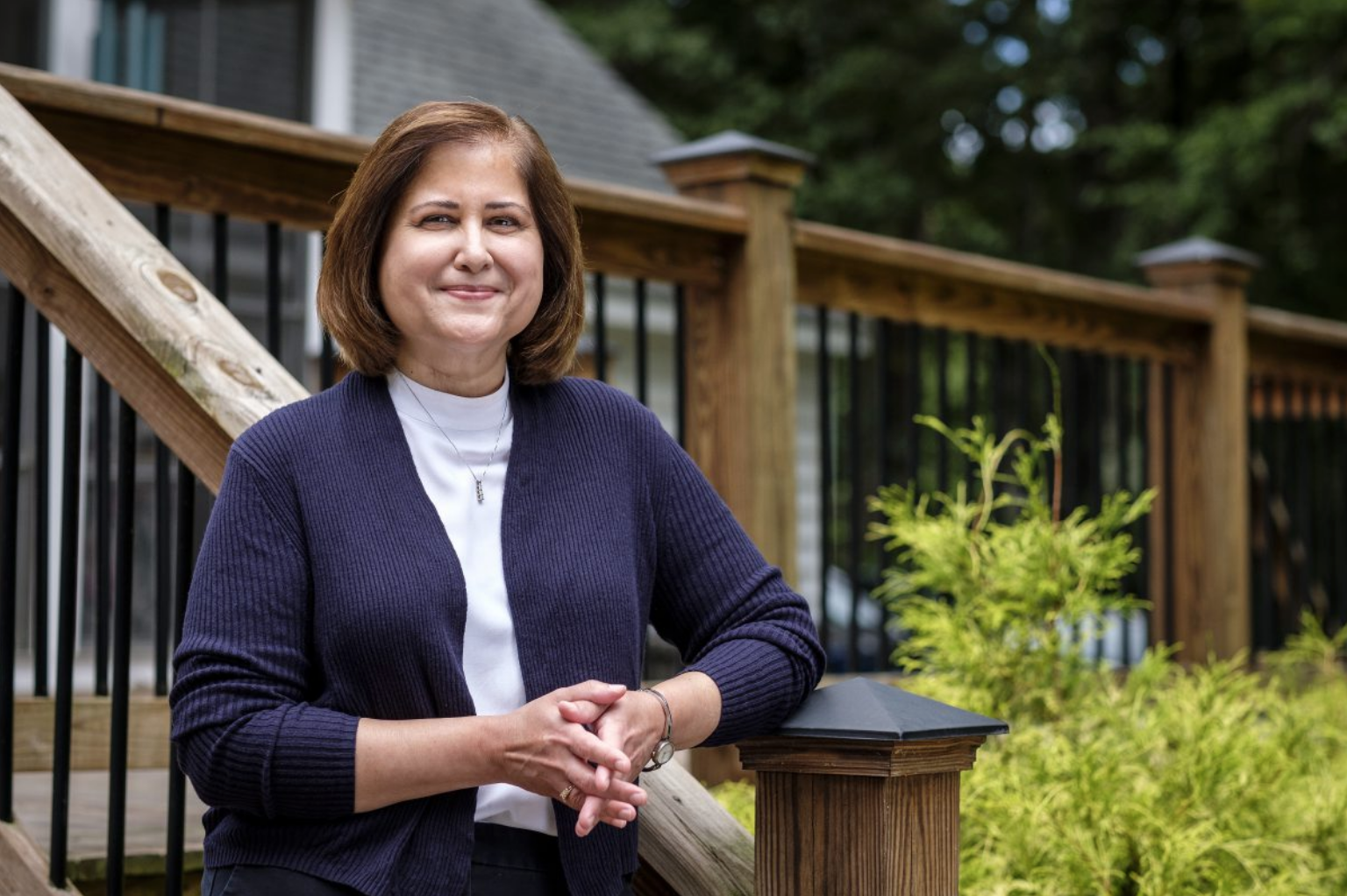Muslim Americans are increasingly running for office, report shows
Ghazala Hashmi, Virginia’s first Muslim woman state senator. Photo courtesy of her campaign.
NEW YORK — Sixteen Muslim women won state and local elections on Nov. 5, while 63 Muslim candidates nationwide ran for elected office for the first time, according to a new report.
The wins are significant for an off-year election, said Mohammed Missouri, executive director of Jetpac, an advocacy group that trains American Muslims who want to run for office. Voters in four states (Kentucky, Mississippi, Virginia and New Jersey) went to the polls.
“It’s a very high number,” Missouri said. It’s part of an increasing trend his group has seen since they formed four years ago. Comparisons are difficult because the number of elections varies each year, he said, but steadily more Muslims are trying to enter politics.
In the 2016 general election there were 23 first-time Muslim candidates. There were 79 in 2017 and 143 in the midterm elections last year. Including incumbents, a total of 87 Muslim candidates ran for office this year and 31 won on Nov. 5.
About half the winners are women. Ghazala Hashmi is the first Muslim woman elected to the Virginia State Senate, ousting the Republican incumbent and helping to flip the state’s legislature to Democratic control.
Abrar Omeish. Photo courtesy of her campaign.
Many of the new candidates are young. Abrar Omeish, 24, was elected to the Fairfax County School Board in Virginia. She’s the first Libyan-American elected in the U.S. and one of the youngest people ever elected in Virginia.
Missouri and his colleagues are getting less and less surprised by the electoral victories they count, he said. They consistently see Muslim candidates get overwhelming support from constituencies that are mostly non-Muslim.
There’s also bitter opposition, which he said he believes is a vocal minority.
“All politicians receive hate but this kind of hate is even stronger and it’s really vile,” Missouri said. “I think that being able to overcome that and still run and still knock on doors every single day and run a race that’s about getting more people involved, it’s very impressive. Especially when you’re young.”
Jetpac isn’t aware of any Muslim Republican candidates. Muslims aren’t politically monolithic, Missouri said, but it would be hard for a Muslim to win a Republican primary in this political climate.
In 2000, there were about 600 Muslims running for office around the country, according to Jetpac. That number decreased dramatically after the 9/11 attacks. Since 2016, more than 300 have run.
The candidates who have come to his organization for training have expressed a desire to take action at a time when their community and other minorities feel increasingly threatened, Missouri said.
Muslims make up less than 2 percent of the American population. About 18 percent of hate crimes motivated by religion in 2017 targeted Muslims, according to the Justice Department.
Most of all, candidates are motivated by a desire to see justice for all and to address the challenges that face the rest of the country, like economic hardship and the need for better healthcare.
“In our experience, a lot of that is driven by their faith,” Missouri said.


